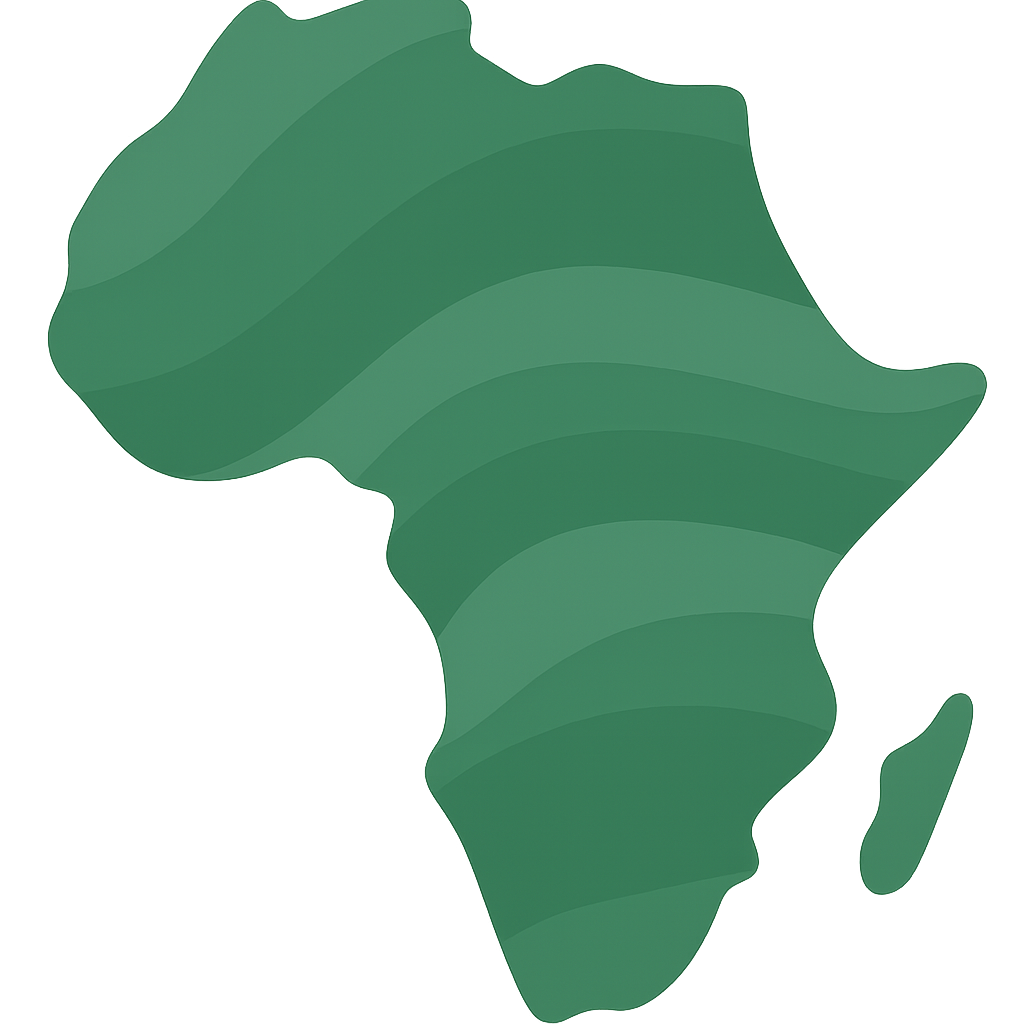Our Focus


Our focus is low-income countries and women's health
We focus on working in low-income countries. We began our journey in Rwanda with a pilot project aimed at screening for cervical cancer and developing an effective model for screening, early detection, and treatment of cervical cancer. This has since grown into a national initiative for the elimination of cervical cancer and also includes breast cancer screening. Our methodology and model have proven successful and are now ready to be expanded to other countries and regions worldwide.
In sub-Saharan Africa (SSA) urgent action is needed to curb the growing crisis in cancer incidence and mortality. Major issues are identified including:
- Poor access to screening, diagnostics, and treatment.
- Lack of cancer centers and equipment.
- Shortfall of trained medical personnel.
Today, 70% of all radiotherapy equipment is available to only 25% of the world’s population.
In the areas of our work, we focus on women’s health, particularly on cancers that are common among women, such as breast and cervical cancer. Our initiatives aim to improve early detection, treatment, and prevention, ensuring better health outcomes for women in the communities we serve.

Source: IARC & WHO
How do we make an impact?
Access to different cancer treatment modalities, including radiotherapy, together with digital solutions, telehealth, and AI-supported software for complementary diagnosis, can substantially improve access to cancer care, accelerate cancer prevention, and increase survival.
The Elekta Foundation is working to develop new tools and models to scale up cancer care equipment in SSA. For example, by building a network of remote experts to provide services such as a second opinion or tele- support. This can dramatically improve the volume of patients treated and the quality of care.

Cervical Cancer
In sub-Saharan Africa, 110 300 cases of cervical cancer have been reported in 2020. It still ranks as a leading cause of cancer death in women, although it can be prevented, treated and cured through vaccination and early treatment. Few diseases reflect global inequities as much as cancer of the cervix. Nearly 90% of the deaths occur in low- and middle-income countries.
In August 2020, the World Health Assembly adopted the Global Strategy for cervical cancer elimination. In this context, the Elekta Foundation is developing partnerships and programs to participate to the elimination of this life-threatening cancer in Africa, where the burden of cervical cancer is the greatest. One of the objectives is to improve access to public health services and implement early screening and treatment. Radiotherapy techniques such as brachytherapy are also very effective to treat early-stage patients. Please see our campaign on cervical cancer in Rwanda.

Source: WHO | Learn more about the Global Cervical Cancer Elimination Initiative
Breast Cancer
Breast cancer is a significant health issue in Africa, where it is the second leading cause of cancer-related deaths among women. According to the World Health Organization (WHO), breast cancer, along with cervical cancer, represents a substantial portion of the cancer burden in the African region. The survival rates for breast cancer five years after diagnosis are alarmingly low, standing at around 40% in sub-Saharan Africa compared to over 90% in most high-income countries.
Efforts to address these disparities include improving access to early detection, treatment, and raising public awareness about the importance of regular screenings.
